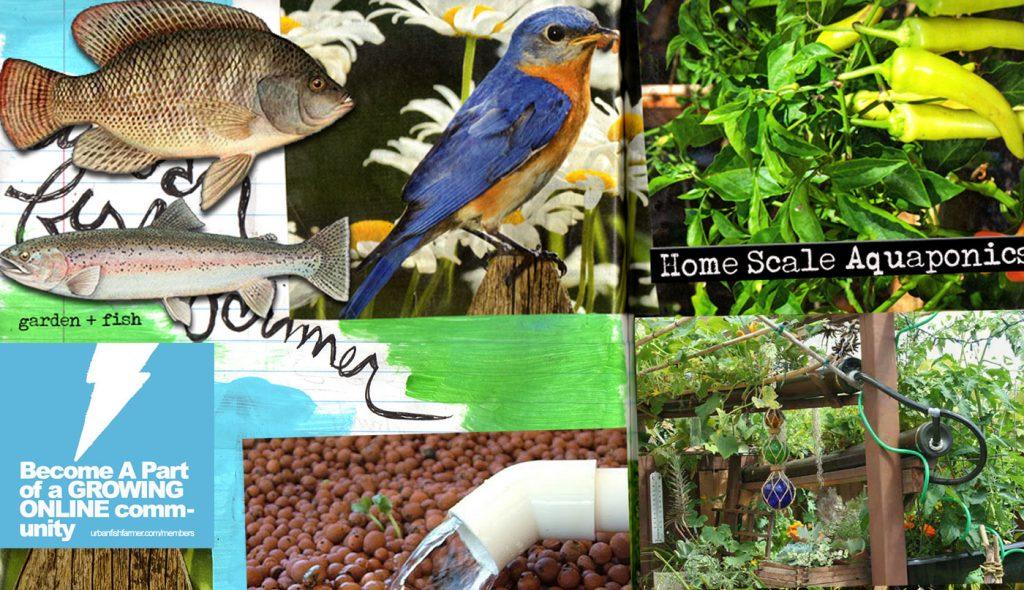Aquaponics gardening is a method of growing plants and raising fish together in a closed-loop system. This innovative gardening technique has been gaining popularity in recent years as an efficient and sustainable way to produce fresh and healthy food in urban environments.

The history of aquaponics can be traced back to ancient civilizations, such as the Aztecs, who utilized the symbiotic relationship between fish and plants to create efficient food systems. Today, urban farmers are rediscovering this age-old method and using it to address the challenges of limited land and water resources in urban environments.
Aquaponics combines fish farming and hydroponic gardening to create a self-sustaining ecosystem. Fish waste provides an organic food source for the plants, and the plants in turn purify the water for the fish. This type of gardening is often considered sustainable as it can use less water and land than traditional gardening methods, and can also help to reduce the need for chemical fertilizers. Additionally, aquaponics can be used in both indoor and outdoor settings, making it a versatile gardening method.
One of the main benefits of aquaponics gardening is that it allows for year-round food production. Indoor systems can be set up in any location, regardless of climate, and can produce fresh vegetables, herbs, and fruits all year round. This is especially useful in urban environments where land is scarce and traditional gardening is often not feasible.
Another advantage of aquaponics gardening is that it can be a great way to promote community development. Community gardens and urban farms that utilize aquaponics can bring people together, promote education, and create a sense of community ownership and stewardship.
Aquaponics is being used in a variety of ways today, from commercial and residential indoor and outdoor systems to community gardens and vertical farms. Examples of commercial aquaponics include Green Spirit Farms in Michigan, which is the largest commercial aquaponics farm in the United States, and the Vertical Farm in Singapore, which is the world’s largest commercial vertical farm.
In conclusion, aquaponics gardening is an innovative and sustainable way to produce fresh and healthy food in urban environments. It combines fish farming and hydroponic gardening to create a self-sustaining ecosystem that can provide food security, improve urban ecology, and promote community development. With the increasing popularity of aquaponics, it is likely that we will see more and more urban farmers utilizing this method in the future.




Leave a Reply